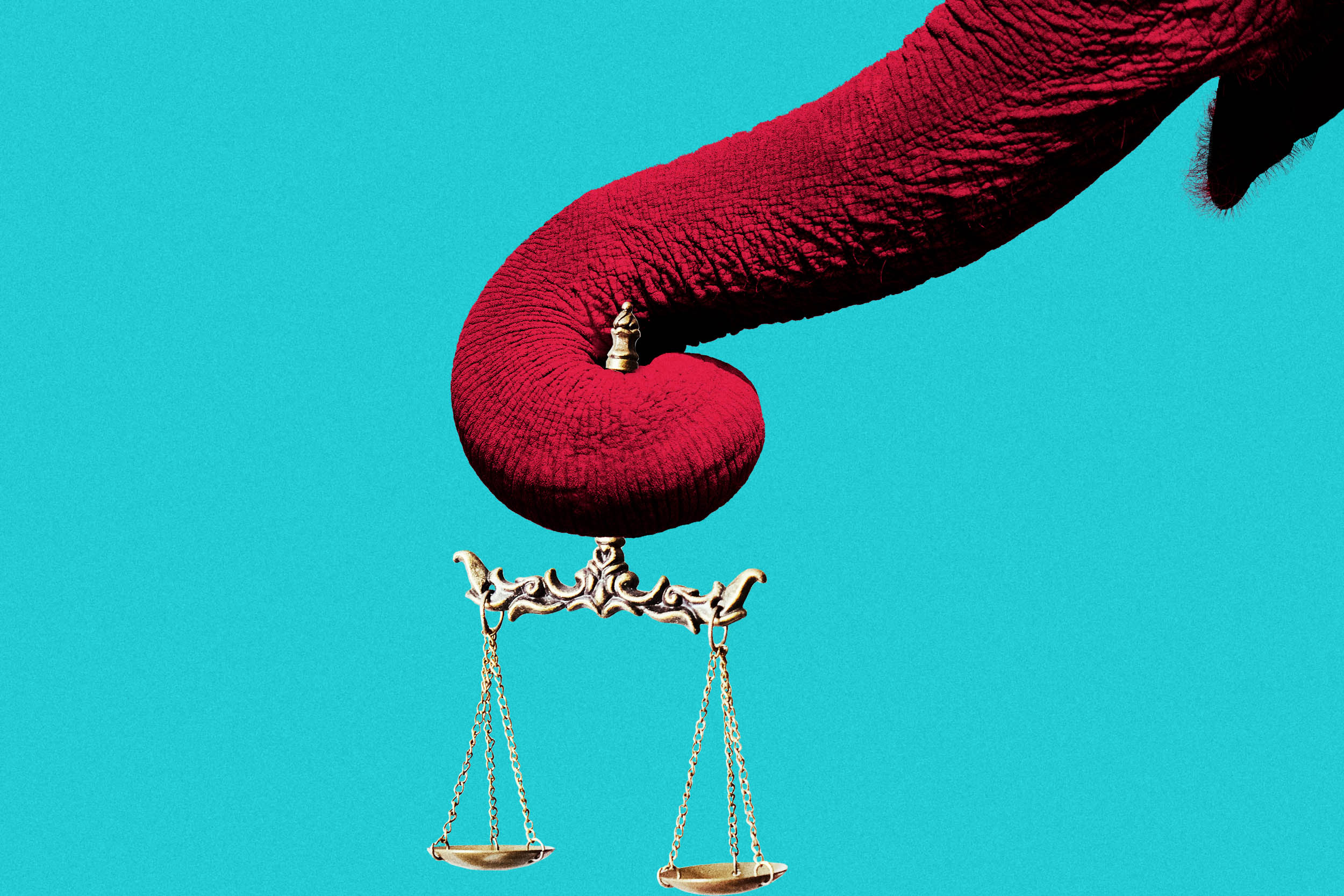Before leaving the stage to esteemed moderators, panelists and rounds of deep discussion, Yuval Levin on Thursday presented the two questions that would help sculpt the rest of the afternoon’s proceedings.
“How should we think about the historical relationship between American conservatism and the country’s democratic ethos and institutions?” asked Levin, the director of Social, Cultural and Constitutional Studies at the American Enterprise Institute. “And where’s that relationship headed now?”
Levin was the host of a four-hour web event titled “Conservatives and American Democracy,” co-sponsored by AEI and the University of Virginia Democracy Initiative. Two sessions, each led by UVA professors, explored the past, present and future of right-wing politics.
The first session, moderated by UVA associate politics professor Gerard Alexander and titled “The Right and the Idea of Democracy,” featured a historic take on conservatism through panelists Jennifer Burns and Matthew Continetti.
Burns, an associate history professor at Stanford University, described her research on philosopher Ayn Rand and economist Milton Friedman.
Burns in 2009 published a biography of Rand, “Goddess of the Market: Ayn Rand and the American Right,” and is currently working on the same for Friedman. She spoke at length on the latter subject Thursday, highlighting how the 1976 Nobel Prize winner linked economics with politics.
“He often talked about the political market,” Burns said. “And he argued that the actual market, capitalism, was better at democracy than the political market.”
Friedman, Burns said, elaborated on this idea through the “necktie theory of democracy.”
“The issue at hand was whether neckties should be red or green,” Burns said. “And he argues, ‘If this is going to be decided by a political mechanism, everybody votes. If 51% of the people vote the tie shall be red, (then) 100% of the people get red neckties. If in the economic market, each one of us goes to the store separately. If 51% of the people vote the tie shall be red, 51% get red ties and 49% get green neckties. Everybody gets what he votes for.’
“This is a fundamental difference between the two markets.”
In summary, Burns said, Friedman argues, “The political market is reductive, because it’s a ‘yes’ or ‘no;’ it’s an up or down vote. So by definition, people don’t get what they want. Now, one of the problems he diagnoses is not necessarily that you might not get what you want, but that because you have this abstract ‘yes’ or ‘no,’ the process of voting and deciding becomes very abstracted from what people actually want. The ‘yes’ or ‘no’ doesn’t adequately capture their needs or their interests. So, voters become disengaged from the yes-or-no process.”
Continetti is a senior fellow at AEI whose next book, “The Right: The Hundred-Year War for American Conservatism,” is due out in April. His Thursday remarks included references to the “mass man” in “The Revolt of the Masses” by José Ortega y Gasset and the writings of David Spitz, William F. Buckley Jr. and Irving Kristol.










